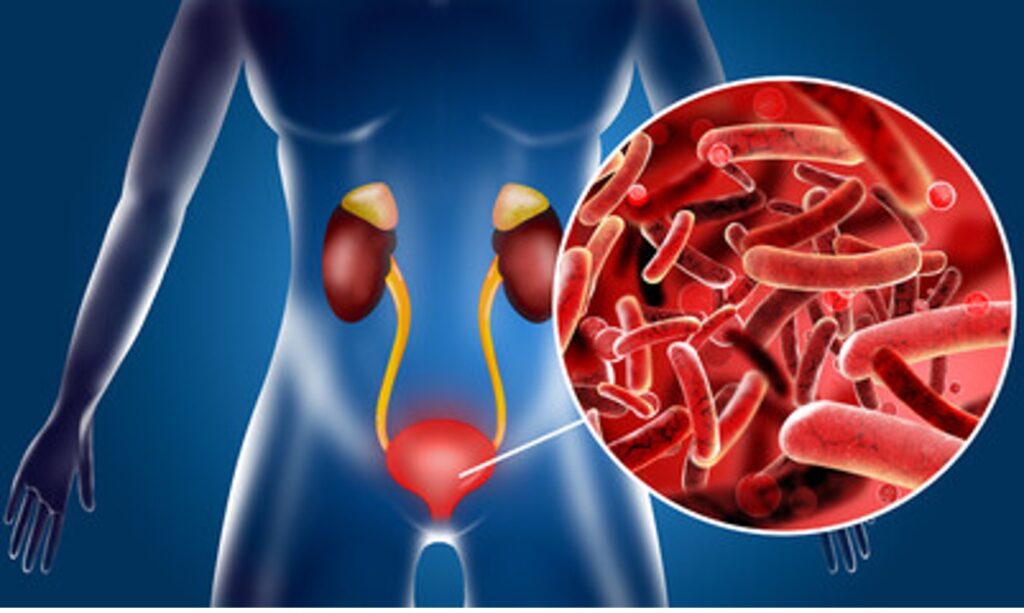Whether you’ve experienced one or know someone who has, urinary tract infections (UTIs) are a common (and very uncomfortable) issue for many people. Understanding the symptoms and common causes is important when it comes to getting a prompt diagnosis and effective treatment. Continue reading for a deeper understanding of urinary tract infections.
What Are Urinary Tract Infections?
UTIs occur when bacteria enter the urinary tract and cause an infection. The most common types of UTIs are bladder infections, which can cause burning with urination, pain in the lower abdomen and frequent urination. If a UTI spreads to the kidneys, it can cause more severe symptoms such as fever, nausea, and back pain. UTIs are typically more common in women due to a shorter urethra and fluctuating hormones during menstruation, pregnancy, or menopause. The condition, however, is not exclusive to women solely; it’s essential to recognize that both men and women can be affected. Don’t ignore your body’s signals.

Conditions That Can Cause UTIs
Urinary tract infections may seem minor, but they can cause severe discomfort and even lead to more significant health issues if not properly treated. According to the National Kidney Foundation, UTIs affect roughly 10 million Americans yearly. While anyone can get a UTI, certain medical conditions can put you at a higher risk, such as diabetes or kidney stones. But what connects these seemingly unrelated health conditions to our urinary tracts? For people with diabetes, it all comes down to high blood sugar levels, which can alter the makeup of the bacteria in the urinary tract and make it more difficult for the body to fight off infections. People with diabetes are known to be ten times more susceptible to a urinary tract infection. Similarly, those with kidney stones may experience blockages that can impede urine flow, creating conditions for infection.
Diagnosis and Treatment – How Does a Urologist Help?
You may be dealing with a UTI, but how can you be sure? While UTIs can be a downright pain, diagnosing them is relatively straightforward. A urologist can help you recognize the issue with a series of tests, including a urine culture, blood test, or pelvic examination. If a UTI is identified, they can then recommend an antibiotic treatment plan based on the severity of the infection. But that’s not all – urologists can offer preventative measures to avoid future UTIs, such as changing lifestyle habits and using preventative medication. Don’t be uncomfortable in silence – let a urologist be your guiding light to diagnosing and treating your UTI.

Your urinary health shouldn’t be taken lightly. Waiting for UTI symptoms to progress can be painful and uncomfortable. If you have symptoms of a UTI or other urinary issues, contact our board-certified urologists at one of our various locations today.
Resources:
https://my.clevelandclinic.org/health/diseases/9135-urinary-tract-infections
https://www.healthline.com/health/urinary-tract-infection-adults



